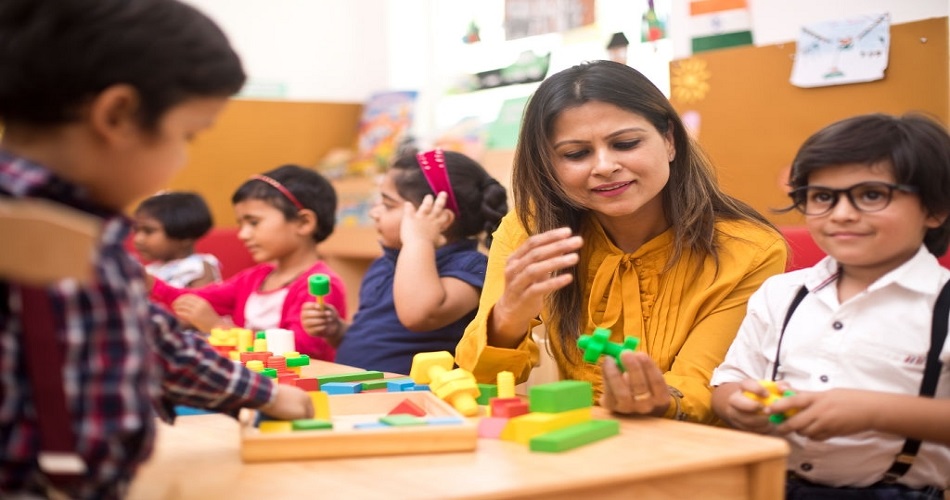Just a case, if you and your children are using public transport to travel, you and your child got space for sitting and there is no space left for sitting. Besides on the next stop, the old grandma gets into the vehicle and stands near your seat as she has no space for sitting. Would it be not kind of your child if he gets up and offers his seat to the grandma to have a sit? Would this deed of kindness not make you proud parents?
It is very important to make children aware of the values and help them to develop into good human being. Habits and values should be developed at an early age so that they can practice them for the rest of their life. Kindness is one such essential value that needs to be developed in children and should encourage and appreciate their deeds of kindness.
Young learners spend more time in school exploring their creativity with peers and teachers. Therefore, teachers need to focus on teaching skills and developing habits that will help the learners in a long way. Also, teachers need to guide parents on parent- teacher meeting on the same.
Kindness is the feeling of compassion, help, support, showing respect, etc. Some tips that help develop kindness in children are as follows:
Model Kindness
Teachers should model kindness in the class. Children learn through continuous observation and watching. Thus, teachers need to model the acts of kindness by helping, supporting, and kind words when in school. Children tend to see and follow the same. It is always said that if you want anything for your child to follow or learn anything always model the activity of act.
Positive Reinforcement
It is very important to reinforce positive behavior and to reinforce the act of being kind. Children need continuous reinforcement and when reinforced they tend to learn and imbibe the habit. Teach your students that even small acts of kindness go a long way.
Make Situations
Include activities wherein children will encourage and support each other unknowingly. Putting children in groups will help them to bring the habits into practice on their own. Also, tell your learners how their behavior affects others around them. Additionally, teach the joys of helping others.
Encourage and Appreciate
It is very important to encourage such practices in future as well and appreciate their support, help and kindness. The kindness shown in action only should not be appreciated. Some children might show kindness in words as well and that also needs to be acknowledged and appreciated.
Highlight Emotions
Try to highlight people’s emotions around you. If your students have a hard time reading social cues, practice educational games that highlight people’s emotions. Also, you can do a fun activity, find a student showing an extreme emotion – such as pleasure, sadness or anger. Ask your rest of the students, “what do you think he’s feeling?” Ask them to make up a story about what may be happening. This aids a learner recognizes non-verbal signs as to how others sense and support them put meaning behind emotions.
Remember, there are many ways to correct a child’s behaviour and improve their manners. Therefore, it is very important to make children aware of such life values hence it is the duty of the teachers to do so along with the parents. Early childhood educators need to know the importance of such acts and should help children develop qualities from the early ages of life. Early years care and education will help you to know in-depth about the various strategies that can help you to bring the best of qualities in children.
Written By : Dhanshri Adve








